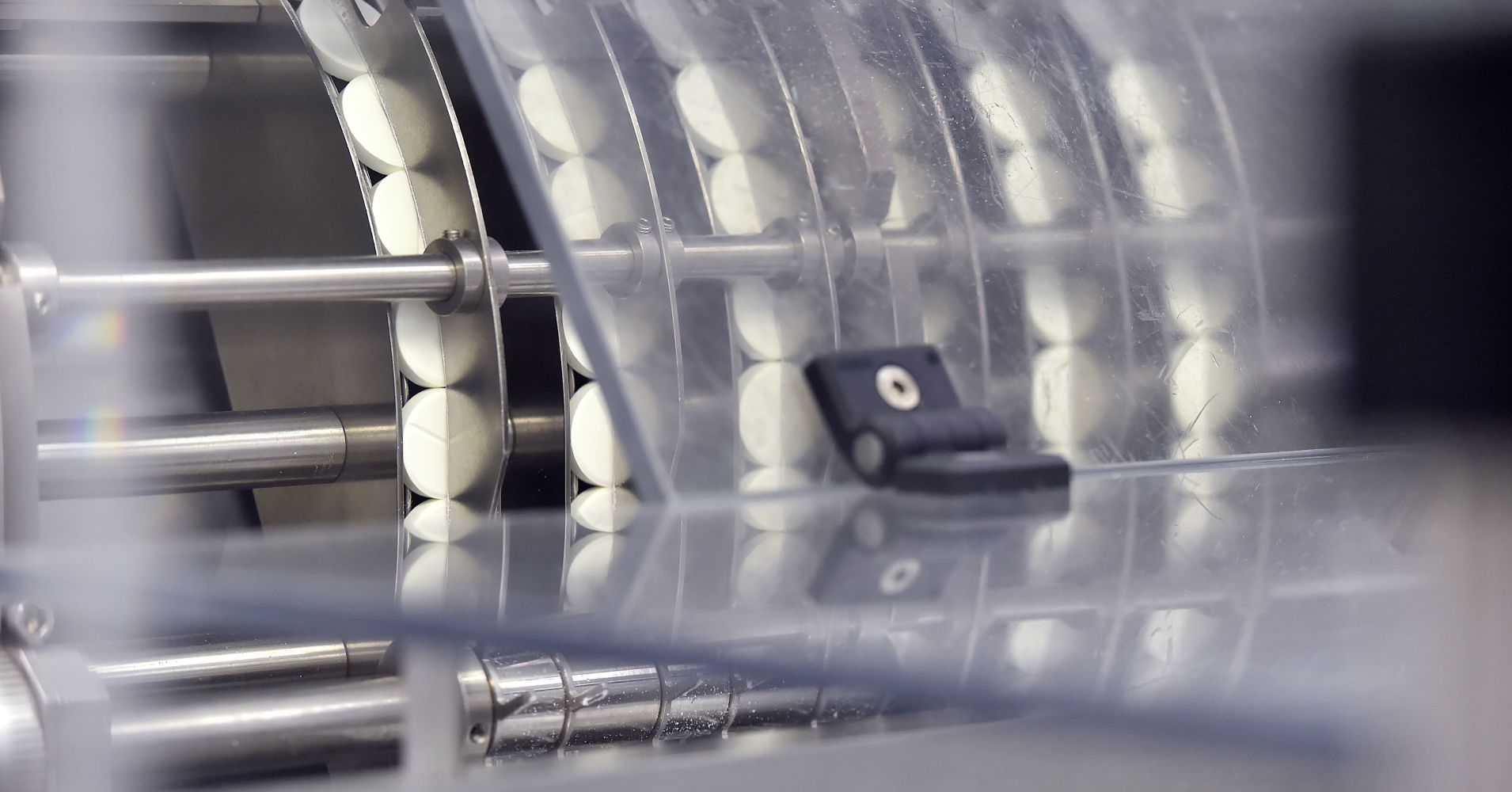
Bristol-Myers Squibb is making a $74 billion bet — and investors aren’t pleased.
The New York-based pharmaceutical giant on Thursday said it would acquire Celgene, a Summit, New Jersey-based cancer drug company, in a cash and stock deal valued at $74 billion. Under the agreement, Celgene shareholders will receive one Bristol-Myers Squibb share and $50 in cash for each Celgene share held, or $102.43 per share, a premium of 53.7 percent to Celgene’s Wednesday close.
After factoring in debt, the value of the deal balloons to about $95 billion — making it the largest health-care deal on record, according to data compiled by Refinitiv.
Celgene investors were jubilant over the deal while Bristol investors were less than enthused. Shares of Bristol slid 12 percent while shares of Celgene surged 25 percent shortly after it was announced. There’s a chance Bristol investors, who think the company is overpaying for Celgene, may not approve the acquisition, Mizuho Securities USA said after conducting a quick survey of about 100 institutional clients.
At the very least, the companies face a hard sell to Bristol shareholders. The deal adds about $32 billion in fresh debt to Bristol’s balance sheet to fund the purchase while assuming $20 billion in Celgene’s debt, the companies said in an investor presentation. That’s a big jump from Bristol’s current outstanding long-term obligations of $7.3 billion, according to data compiled by FactSet.
The news sent the cost to insure Bristol’s bonds to their highest point since May 2010. As the price of long-term Bristol bonds fell, the associated credit default swap jumped 66 percent, bringing the cost to insure $1 million of the company’s debt against default to $23,000, according to Reuters.
Buying Celgene gives Bristol more cancer drugs at a time when its immuno-oncology portfolio struggles to keep up with rival Merck’s. And Celgene, if the deal closes, can blunt investor concerns about growth after what was seen as sloppy acquisitions last year. But the deal comes with skepticism about whether the price tag is worth the risks. And some view it as an act of survival.
“Both companies were kind of limping into 2019,” said Brad Loncar, CEO of Loncar Investments. “Combing gives them a little more scale and a little more strength.”
Bristol’s blockbuster Opdivo, which boosts the immune system to attack cancer, has fallen behind its leading competitor — Merck’s Keytruda.
In two highly anticipated clinical trials presented last April, Merck’s Keytruda edged out Bristol’s Opdivo and reduced the risk of death when combined with chemotherapy more in treating advanced lung cancer. Keytruda’s sales surpassed Opdivo’s in the second quarter of last year and widened the gap even more in the third quarter.
Meantime, Celgene’s best-selling drug, Revlimid, is expected to lose patent protection in the next few years. The company’s shares have fallen more than 37 percent over the past year through Wednesday’s close.
“I don’t see this as a deal driven by enthusiasm or excitement on either end,” said Brian Skorney, senior research analyst at Robert W. Baird & Co. He said both companies also have huge overlap that will need to be eliminated before the deal is expected to close in the third quarter of this year.
Les Funtleyder, health-care portfolio manager at E Squared Capital Management, said in his view, Bristol needed to do a deal in order to stay independent. Without growing or building scale, Bristol probably would’ve become a target, he said. However, he doesn’t think buying Celgene will fuel Bristol’s long-term growth since both companies have “so-so pipelines.”
“I’m not sure this necessarily solves the long-term challenges for Bristol, but short-term maybe it buys them some time to find more compounds along the way,” said Funtleyder, who said he does not own either Celgene or Bristol.
Wall Street analysts see the deal as a big win for Celgene. Investors had concerns surrounding the drugmaker’s No. 1 cancer treatment, Revlimid, which brought in $2.45 billion last quarter. Once the patent runs out as expected in 2022, Celgene will feel pressure from generic drugmakers within a few years and revenue could drop significantly, analysts say.
Celgene over the last year had tried to stem investor concerns through large acquisitions of companies that could provide new, lucrative drug therapies.
Celgene announced a deal with blood cancer drug start-up Impact Biomedicines a year ago for $1.1 billion. It later agreed to buy the rest of Juno Therapeutics it didn’t already own for about $9 billion to gain access to Juno’s pipeline of CAR-T cancer drugs.
But cracks in the deals quickly showed, said Dane Leone, a Raymond James analyst who covers the stock. Impact Biomedicines’ multiple sclerosis treatment, Ozanimod, ran into some safety concerns with the Food and Drug Administration. Investors also questioned the profitability of Juno’s new cell therapy due to similar treatments already on the market from rivals providing modest sales numbers.
A combined Celgene and Bristol will have nine products with more than $1 billion in annual sales and significant potential for growth in oncology, immunology and inflammation and cardiovascular disease, the companies said in an announcement Thursday.
“I think it’s impossible to predict whether this will be a successful deal or not, but I think it needed to happen for both companies,” Loncar of Loncar Investments said. “While there’s some disappointment in both camps, I think once the realism sets in they’ll see both companies are in a better position because of this.”
-CNBC’s Meg Tirrell contributed to this article.
